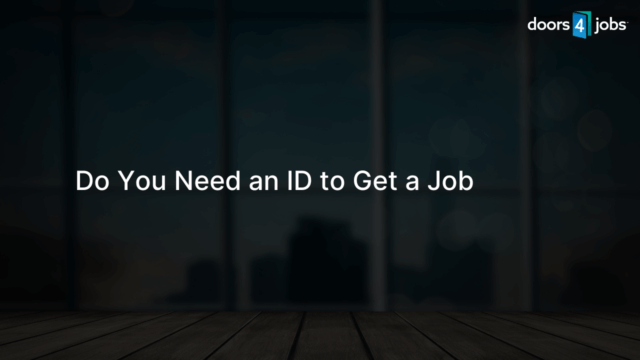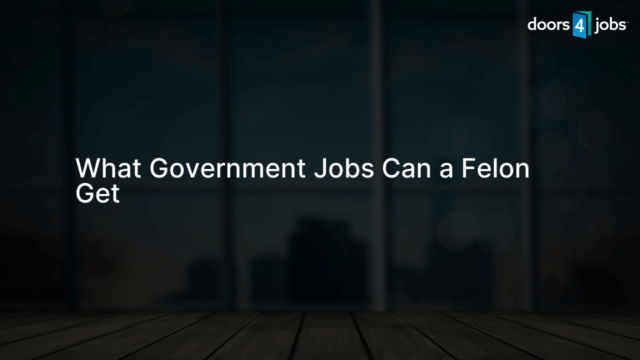To immigrate to the USA without a job offer, you can explore options such as family-based green cards, the diversity visa lottery, investment (EB-5), studying, or obtaining asylum or refugee status. Each option has distinct eligibility requirements, application processes, and timelines. Research each path thoroughly and consult an immigration attorney if necessary to maximize your chances for a successful immigration process.
Family-Based Immigration
Family-based immigration is one of the most common ways to immigrate to the USA without a job offer. U.S. citizens or permanent residents can sponsor eligible relatives, helping them obtain a green card. Spouse, unmarried children under 21, and parents are considered immediate relatives, while other family members fall into different preference categories.
Eligibility and Process
Eligibility depends on your relationship with the sponsoring U.S. citizen or permanent resident. The process includes filing Form I-130 and additional documents to prove the relationship. The wait time varies depending on the category and your country of origin.
Diversity Visa Lottery
The Diversity Visa Lottery, or Green Card Lottery, is a program that offers up to 50,000 visas annually to citizens of countries with historically low immigration rates to the USA. This is an opportunity to obtain permanent residency without a job offer or family ties.
Eligibility and Process
To participate, you must meet specific requirements, including having a high school education or equivalent work experience. The lottery is conducted annually, and the application period lasts a few weeks. Keep in mind that the selection process is random and the competition is high.
EB-5 Investment Visa
The EB-5 Investment Visa enables entrepreneurs to obtain a green card by investing at least $900,000 in a new commercial enterprise that generates at least 10 full-time jobs for U.S. workers, or $1.8 million in certain high-unemployment areas or rural territories.
Eligibility and Process
You must prove the source of funds, invest in an approved project, and create at least 10 full-time jobs within two years. To apply, submit Form I-526, and after approval, you can apply for a conditional green card that is valid for two years. Upon meeting the conditions, remove the conditions with Form I-829 to receive a permanent green card.
Study Visa
Although studying in the USA doesn’t guarantee permanent residency, it is an excellent way to create connections, gain professional experience, and explore potential employment opportunities. The two most common study visas are F-1 for full-time students and M-1 for vocational and non-academic students.
Eligibility and Process
Apply to an accredited educational institution and obtain an I-20 document, which is proof of your acceptance. Then, apply for the appropriate visa type, showing financial ability to cover your costs, and indicating your intent to return home after your studies. With Optional Practical Training (OPT) or Curricular Practical Training (CPT), you can temporarily work in the USA during or after your studies.
Asylum or Refugee Status
Individuals who fear persecution in their home country due to race, religion, nationality, membership in a particular social group, or political opinion can apply for asylum or refugee status in the USA.
Eligibility and Process
For asylum, you must be physically present in the USA and apply within one year of arrival. For refugee status, you must be referred by the United Nations Refugee Agency (UNHCR) or another referral organization. Both processes involve interviews, background checks, and documentation to support your claim.
Adjustment of Status (AOS) from Nonimmigrant Visas
Nonimmigrants who temporarily reside in the USA under nonimmigrant visas, such as tourist, business, or student visas, may sometimes adjust their status to permanent residency without a job offer under specific circumstances. For example, marriage to a U.S. citizen or winning the Green Card Lottery.
Eligibility and Process
Nonimmigrant visa holders must be eligible for a green card under a different category like family-based, investment, or diversity visa lottery. Follow the instructions and requirements for the corresponding category, and instead of consular processing, apply for an Adjustment of Status with Form I-485.
Self-Petition: Exceptional Ability or National Interest Waiver
Non-citizens with exceptional ability in the sciences, arts, or business, or those whose employment would be in the national interest of the USA, may self-petition for a green card without a job offer under the EB-2 Visa category. This option is limited but worth considering for highly qualified individuals.
Eligibility and Process
To qualify, you must demonstrate exceptional ability by fulfilling at least three of six criteria, such as having advanced degrees, significant accomplishments, or membership in professional organizations. For a National Interest Waiver, provide evidence of how your work significantly benefits the USA. File Form I-140 with supporting documentation, and once approved, apply for a green card.
Temporary Protected Status (TPS)
Temporary Protected Status (TPS) is a short-term relief from deportation for citizens of specific countries experiencing armed conflict, an environmental disaster, or extraordinary conditions. TPS holders can temporarily live and work in the USA but must apply for permanent residency through another category.
Eligibility and Process
TPS eligibility depends on your country of origin and circumstances surrounding the designation. To apply, submit Form I-821 with the necessary documentation. To transition to permanent residency, identify an eligible category such as family-based or employment-based and apply accordingly.
Extraordinary Ability (EB-1A Visa)
The EB-1A Visa is for individuals with extraordinary abilities in the sciences, arts, education, business, or athletics. To qualify, you must demonstrate significant achievements and have extensive documentation to support your claim.
Eligibility and Process
Prove your extraordinary ability by meeting at least three of ten criteria, such as published material, original contributions, awards, memberships, or high salary in your field. File Form I-140 with supporting evidence, and once approved, apply for a green card. This visa does not require a job offer, but you must intend to work in your area of expertise in the USA.
FAQ Section
Here are the answers to some common questions that readers may have regarding immigration to the USA without a job offer. This section is designed to provide quick and direct responses to your queries.
Can I immigrate to the USA without a job offer through family sponsorship?
Yes, if you have a spouse, parent, child, or sibling who is a U.S. citizen or permanent resident, they can sponsor your immigration process. Your eligibility and wait time depend on your relationship with your relative and your country of origin.
What is the Diversity Visa Lottery?
The Diversity Visa Lottery, also known as the Green Card Lottery, is an annual program that grants up to 50,000 visas to individuals from countries with low immigration rates to the USA. The selection process is random, and eligible applicants must meet certain educational and work experience requirements.
How does the EB-5 Investment Visa work?
The EB-5 Investment Visa enables entrepreneurs to obtain a green card by investing a minimum of $900,000 or $1.8 million in a new commercial enterprise in the USA that creates at least 10 full-time jobs for U.S. workers within two years. After fulfilling the conditions, investors can become permanent residents.
Can studying in the USA lead to permanent residency?
While studying in the USA doesn’t guarantee permanent residency, it can help you make connections, gain professional experience, and explore potential employment opportunities. F-1 and M-1 visas are available for academic and vocational students, respectively, and some temporary work options are available during or after your studies.
What are the options for individuals fearing persecution in their home country?
Those fearing persecution in their home country due to race, religion, nationality, membership in a particular social group, or political opinion can apply for asylum or refugee status in the USA, potentially leading to permanent residency. Eligibility and application processes differ depending on the specific category and circumstances.











